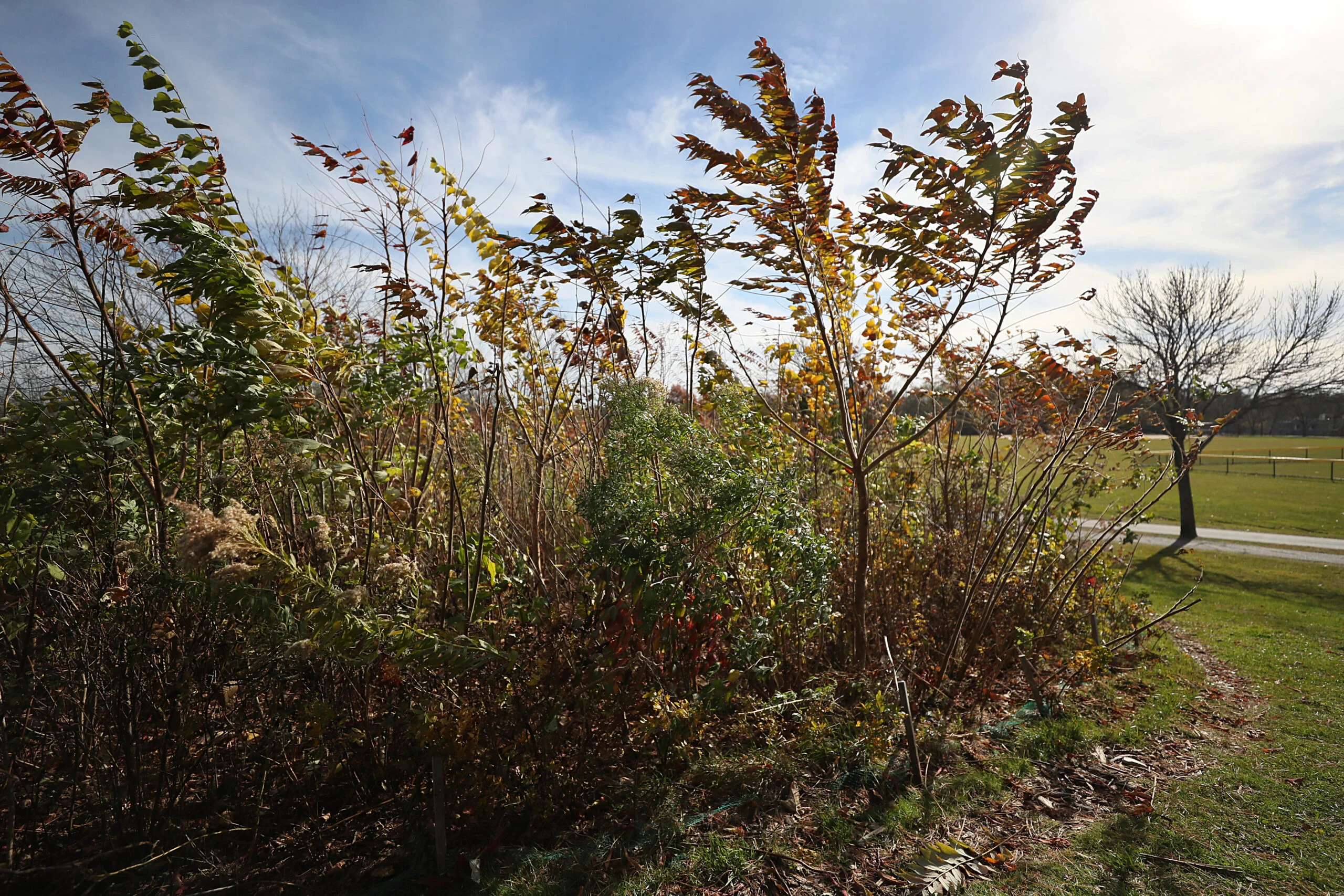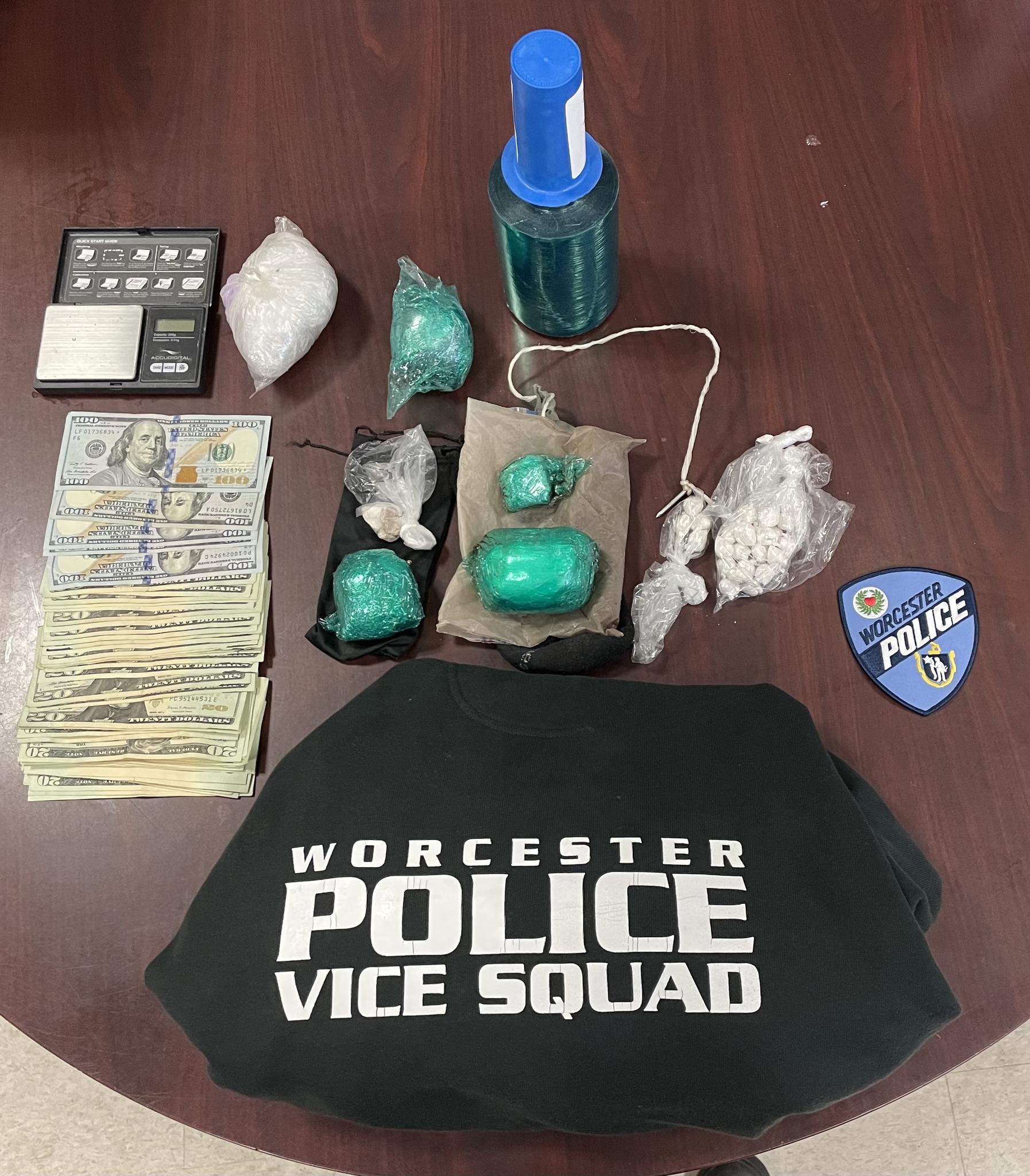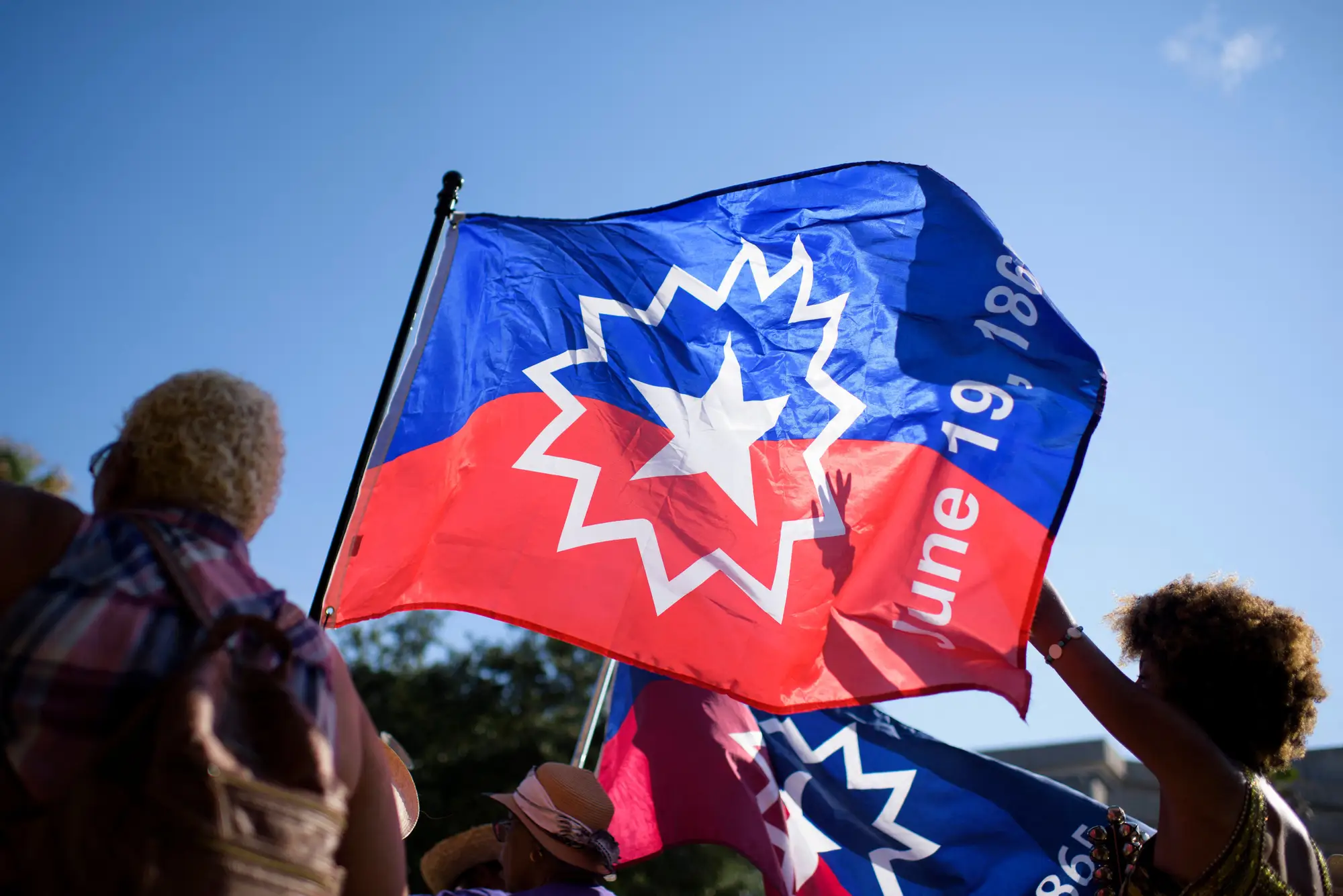Revolutionizing Urban Greenery: Worcester’s Miyawaki Forests and CoolPockets Initiative

In a groundbreaking move towards sustainability and community resilience, the City of Worcester Department of Sustainability and Resilience (DSR) has unveiled plans for the establishment of two pioneering Miyawaki Forests and the creation of two innovative CoolPockets. These initiatives mark a significant step forward in addressing environmental challenges and enhancing urban livability.
Named after Japanese botanist Dr. Akira Miyawaki, Miyawaki forests represent a cutting-edge approach to reforestation and ecological restoration. Developed to thrive in densely populated urban environments, these forests boast fast growth rates and dense foliage, effectively aiding in carbon dioxide absorption and stormwater management. Their multi-layered structure offers a holistic solution to sustainability challenges, making them ideal for densely populated areas like Worcester.
The first Miyawaki Forest, spanning approximately 6,400 square feet, will be nestled within a segment of the McGrath Parking Lot adjacent to the Worcester Public Library at 3 Salem Square. Accompanied by a 1,000 square-foot community gathering space, this forest promises to rejuvenate the urban landscape while fostering social cohesion. Meanwhile, the second Miyawaki Forest, covering 8,000 square feet, will find its home in Plumley Village at 16 Laurel Street, complemented by a spacious 3,000 square-foot community picnic area.
In addition to the Miyawaki Forests, DSR is embarking on the design of CoolPockets, unique shaded retreats aimed at combating urban heat effects. These tranquil spaces will be established at Columbus Park Elementary School and a section of Vernon Hill Park, offering respite from the sweltering urban environment. Funding for the construction of these CoolPockets will be pursued through the State of Massachusetts’ Municipal Vulnerability Preparedness grant program, underscoring the state’s commitment to climate resilience.
City Manager Eric D. Batista hailed these projects as catalysts for environmental stewardship and community well-being, emphasizing their role in strengthening the city and fostering connections among its diverse residents. To ensure community engagement throughout the planning and planting process, consultant Guillermo Creamer, Jr. has been appointed as the project’s Community Liaison. Creamer will play a pivotal role in facilitating communication, education, and public participation, ensuring that the voices of Worcester residents are heard and valued.
Funded by a state Municipal Vulnerability Preparedness action grant, these initiatives are integral to Worcester’s strategy for climate change mitigation. By targeting environmental justice areas, where vulnerable populations bear the brunt of climate impacts, the city is taking proactive steps to address issues such as air quality deterioration, urban heat islands, and flooding.
BSC Group and Bio4Climate are lending their expertise to the planning, design, and implementation of the Miyawaki pilot sites, with BSC Group spearheading the design of the CoolPockets. Their collaboration underscores the interdisciplinary nature of these initiatives, blending ecological expertise with urban planning principles to create resilient and vibrant spaces.
To learn more about Worcester’s Miyawaki Forests and CoolPockets initiative, including upcoming community events and opportunities for involvement, visit the Department of Sustainability and Resilience website at https://www.worcesterma.gov/sustainability-resilience/resilience/coolpockets. Join us in shaping a greener, more resilient future for Worcester and its residents.
You may also like: Ensuring Safety and Compliance: The City of Worcester Certificate of Inspection Program







One thought on “Revolutionizing Urban Greenery: Worcester’s Miyawaki Forests and CoolPockets Initiative”
Comments are closed.